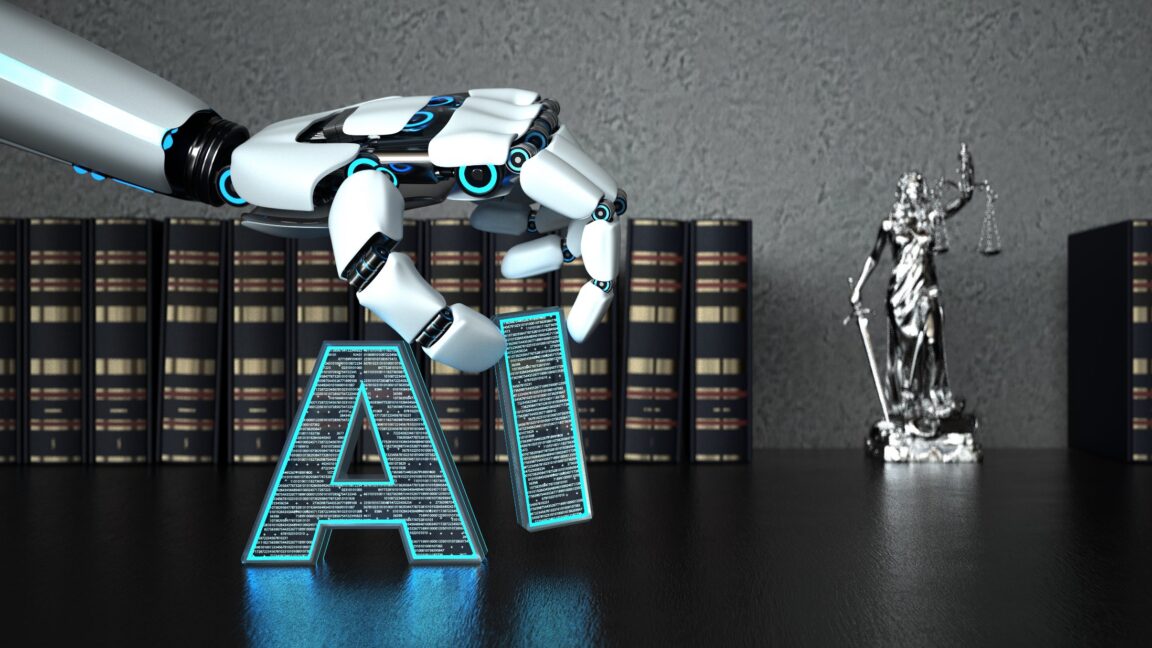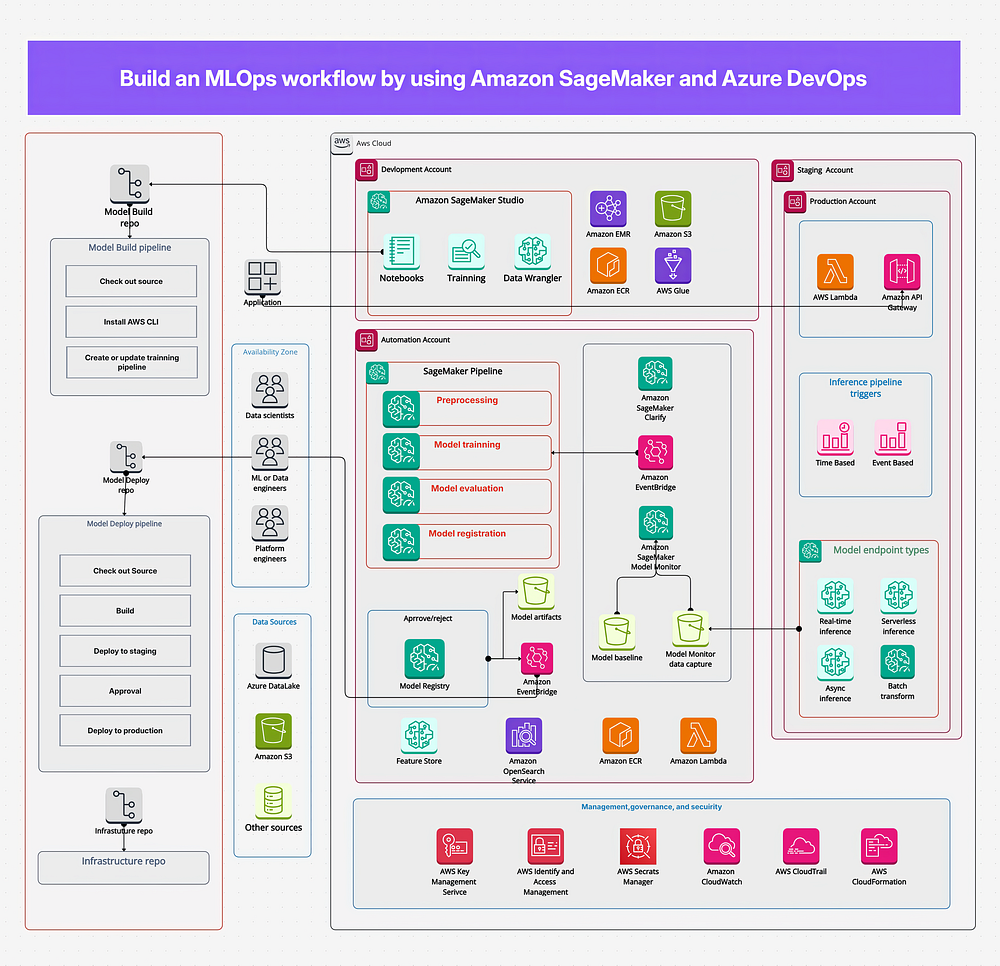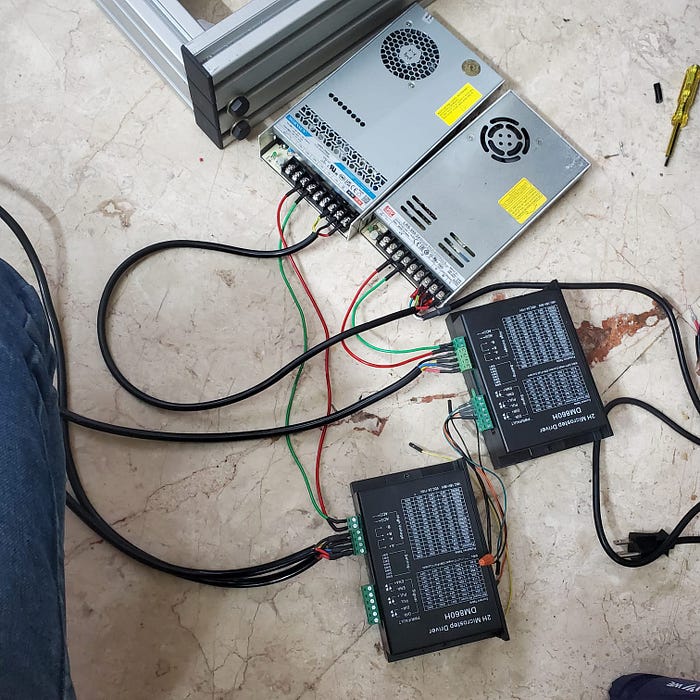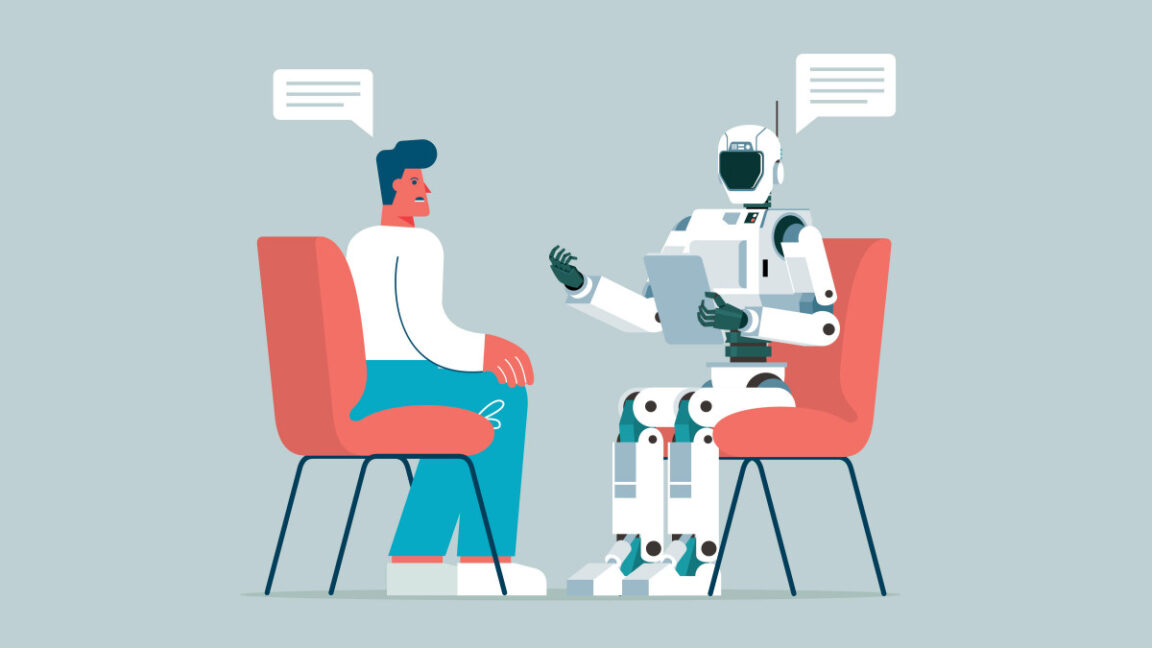Introduction to the Case
A recent court case has highlighted the dangers of relying too heavily on artificial intelligence (AI) in legal research. The case involved a lawyer who used AI to generate research and citations for a brief, without properly verifying the accuracy of the information. This led to the submission of false filings, which were later discovered by the judge.
The Judge’s Ruling
The judge, Wilner, was not pleased with the lawyer’s actions and criticized the use of AI in this way. "No reasonably competent attorney should out-source research and writing to this technology—particularly without any attempt to verify the accuracy of that material," Wilner wrote. The judge also criticized the lawyers for failing to check the validity of the research sent to them.
Consequences of the Judge’s Ruling
The sanctions issued by Wilner had significant consequences for the plaintiff’s case. The judge struck down the supplemental briefs submitted by the plaintiff and declined to award any of the discovery relief sought by the plaintiff. Additionally, the judge ordered the plaintiff’s law firm, Ellis George, and the defense’s law firm, K&L Gates, to pay a total of $31,100 in fees and costs to the defense.
The Judge’s Decision Not to Sanction the Lawyers
Despite the severity of the mistakes made by the lawyers, Wilner chose not to sanction or penalize them individually. Instead, the judge imposed the penalties on the law firms. The judge accepted the lawyers’ admissions of responsibility and their apologies, and decided that "justice would not be served by piling on them for their mistakes."
Lessons Learned
This case highlights the importance of careful verification of research and citations in legal work. It also underscores the need for lawyers to be cautious when using AI and other technologies to assist with research and writing. As the judge noted, "no reasonably competent attorney" should rely solely on AI without verifying the accuracy of the material.
Conclusion
The use of AI in legal research can be a powerful tool, but it must be used with caution and careful verification. Lawyers must ensure that they are not relying too heavily on AI and that they are properly verifying the accuracy of the information generated by these tools. By doing so, they can avoid the kind of mistakes that were made in this case and provide the best possible representation for their clients.
FAQs
- Q: What was the main issue in this court case?
A: The main issue was the use of AI to generate research and citations for a brief without properly verifying the accuracy of the information. - Q: What were the consequences of the judge’s ruling?
A: The judge struck down the supplemental briefs submitted by the plaintiff, declined to award any discovery relief, and ordered the plaintiff’s law firm and the defense’s law firm to pay a total of $31,100 in fees and costs to the defense. - Q: Why did the judge choose not to sanction the lawyers individually?
A: The judge accepted the lawyers’ admissions of responsibility and their apologies, and decided that "justice would not be served by piling on them for their mistakes." - Q: What is the main lesson learned from this case?
A: The main lesson is the importance of careful verification of research and citations in legal work, and the need for lawyers to be cautious when using AI and other technologies to assist with research and writing.











